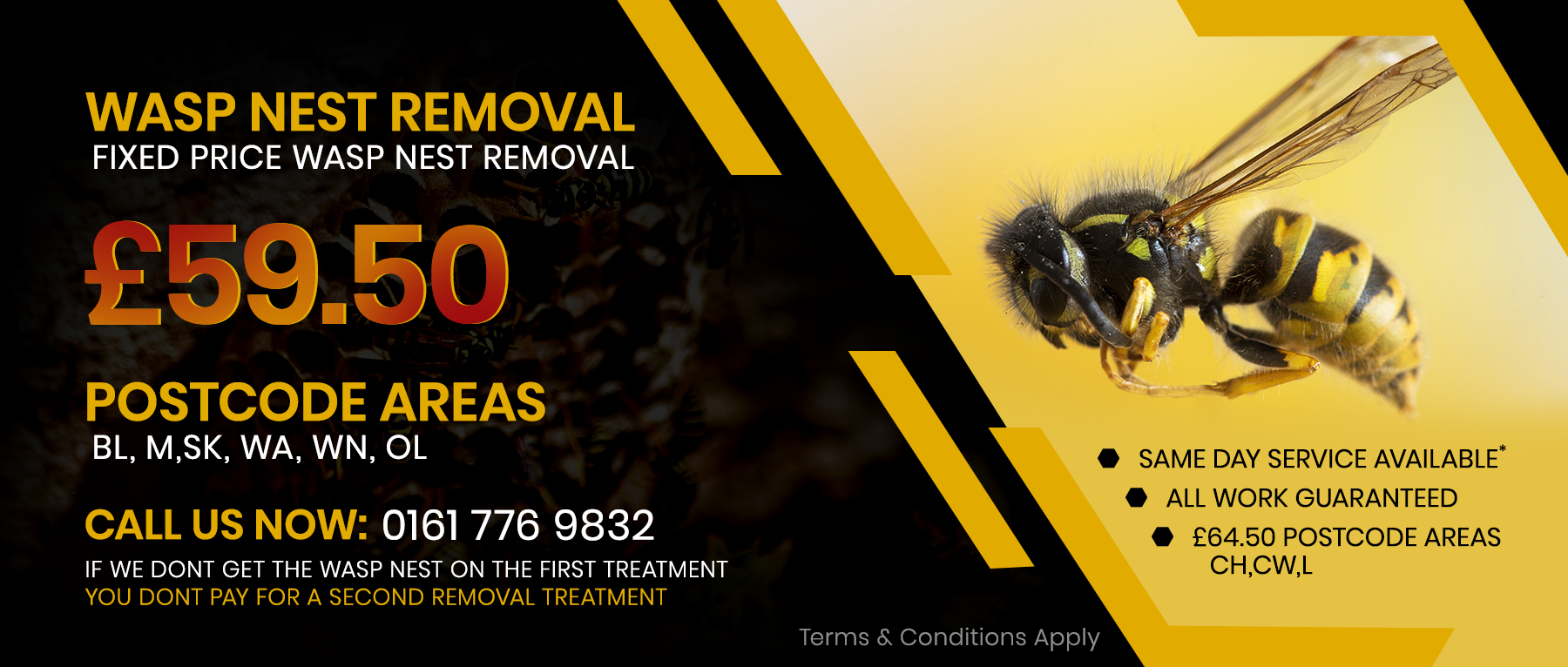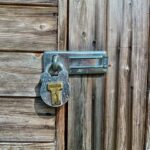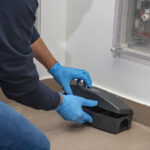Youngs Pest Control
Need Help? Call Us On 0161 776 9832 For Expert Pest Control Advice On How To Identify Pest Infestations And Help Solve Your Pest Problem.
24/7 EMERGENCY RESPONSE
30 - 90 MINUTE FAST RESPONSE
OVER 20 YEARS EXPERIENCE
PROFESSIONAL & SPECIALIST QUALIFICATIONS
NPTA MEMBER
DISCREET, UNMARKED VANS
DOMESTIC, COMMERCIAL & AGRICULTURAL
TREATMENT OF ALL TYPES OF PESTS
FAMILY RUN BUSINESS
FULLY QUALIFIED
Wasp Nest Removal in Heswall By Youngs Pest Control
Why Choose Us
Are you fed up with wasps buzzing on your property? Don't worry! We've got a solution for you here at Youngs Pest 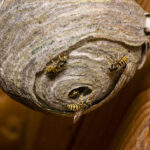 Control in Heswall. Our team of professional pest controllers is trained and experienced in removing wasp and hornet nests safely and efficiently. We are your local experts in dealing with wasp nest removal. With our experienced team, we ensure a safe and efficient service to eliminate these unwanted pests from your property.
Control in Heswall. Our team of professional pest controllers is trained and experienced in removing wasp and hornet nests safely and efficiently. We are your local experts in dealing with wasp nest removal. With our experienced team, we ensure a safe and efficient service to eliminate these unwanted pests from your property.
We pride ourselves on our fast response and over 20 years of experience in the field. Our professional and specialist qualifications and membership in the NPTA ensure that we provide top-notch service. With our discreet, unmarked vans, you can trust us to discreetly handle your wasp nest removal. We are a family-run business and fully qualified to handle all your domestic pest control needs. Choose us for reliable and efficient service.
Common areas where wasps are found.
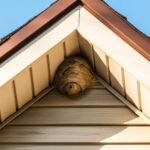 Roof Level
Roof Level
Common areas where wasps are often found on roof level include roof spaces, and gutters provide ideal nesting spots for wasps, as they offer shelter and protection. Our experienced technicians are equipped to safely and effectively eliminate wasp nests, ensuring our customers' safety and peace of mind.
 Ground Level
Ground Level
Below the roof, we often find common areas where wasps are attracted, such as wall cavities and other sheltered spots. These areas provide the perfect environment for wasps to build their nests and establish colonies. Our team of experts specialises in wasp nest removal and control, ensuring a safe and efficient solution for our customers.
Wasp Fact: Did you know that by the end of summer, there could be around 6000 wasps in a nest!!!
What to Expect
When you choose us here at Youngs Pest Control, here's what you can expect:
Inspection of the nesting site - Our trained experts will inspect your property to locate the wasp nest.
Customised Treatment Plan - We'll develop a customised wasp control plan that suits your specific situation based on our assessment.
Wasp Control Application - Our team will apply the most effective treatments to eliminate the wasp nest.
Effective Results - Post-treatment, you can expect a significant reduction in wasp activity, leading to their complete elimination.
Choose us for a comprehensive, effective, and safe wasp nest removal service.
Youngs Pest Control is your Local Expert for Rat Control in Heswall.
As specialists in wasp nest removal, we continue to provide exceptional service and expertise in dealing with these unwanted nests. Our team knows the importance of protecting your home and community from wasp infestations. With our knowledge and experience, we are dedicated to efficiently removing wasp nests in Heswall, ensuring your peace of mind. Trust us here at Youngs Pest Control for reliable and professional wasp nest removal services.
We also service Neighboring areas like:
Gayton
Barnston
Irby
CH60
How do I know if I have a wasp problem?
To figure out if you have a wasp problem, it is important to be aware of certain signs and behaviours associated with their presence. Here are some indicators that you may have a wasp problem: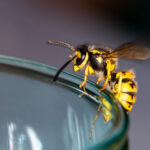
- Increased wasp activity around your property
- Sightings of wasps entering and exiting small holes or gaps
- Discovering a wasp nest in or around your home
- Experiencing frequent wasp stings or encounters
If you notice any of these indications, contacting a professional for wasp nest removal is crucial.
Can I treat the Wasp Nest myself?
If you notice a wasp nest in or around your home, it is important to resist the temptation to treat it yourself. While it may seem like a cost-effective solution, attempting wasp nest removal on your own can be dangerous and ineffective. Wasp nests can house hundreds of wasps, and their stings can cause severe allergic reactions. It is best to leave the job to professionals who have the proper equipment and expertise to remove the nest safely.
Here at Youngs Pest Control, we are your experts in wasp nest removal in Heswall. Don't risk the danger of trying to treat the nest yourself. Our professionals will safely and effectively remove the nest, ensuring the safety of you and your family. Don't wait until it becomes a problem; call us today for a quick and efficient solution.
Frequently Asked Questions
Is it necessary to remove the nest once it has been treated?
- No, it is not necessary to have the wasp nest removed.
Where do wasps commonly build their nests?
- Wasps construct their nests in locations like eaves, roof overhangs, or wall voids.
When do wasps start constructing their nests?
- In the UK, wasps begin building nests in Spring when the weather becomes warmer.
What do wasps feed on?
- Wasps are omnivores, and their diet varies with the species and life stage. Adult wasps typically feed on nectar, honeydew, and other sugary substances. They also consume various insects, caterpillars, and spiders. Larvae are primarily fed a diet of chewed-up insects brought by worker wasps.

